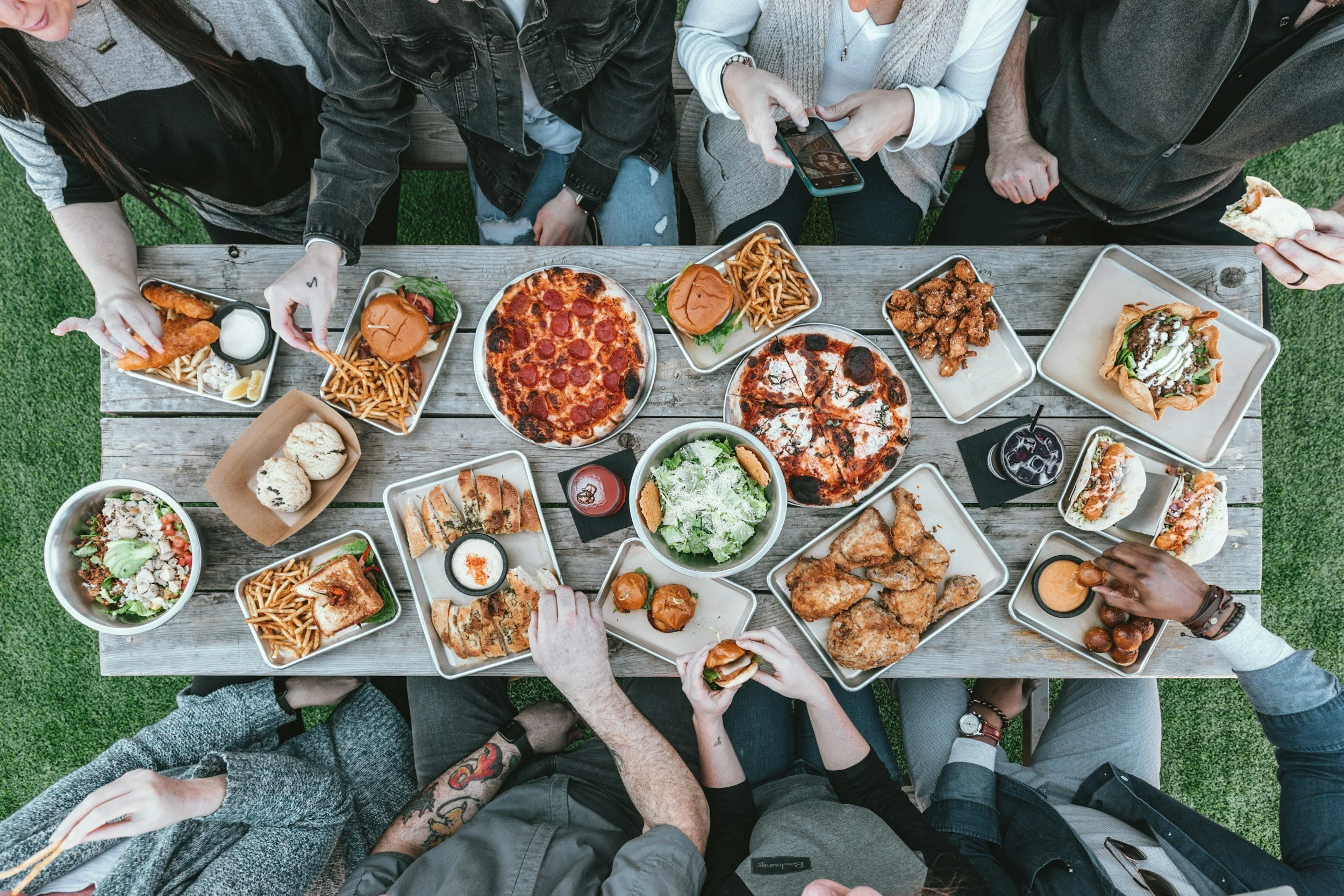
Is Wicked Bringing Back 2000s Thin Culture? A Body Image Expert Breaks It Down
The new Wicked film is resurfacing old body image wounds for many women ,especially millennials who lived through the thin-obsessed 2000s. Here’s why the visuals feel triggering, how it affects Gen Z and Gen Alpha, and what we can do to protect our own well-being.

Grief During the Holidays: Why This Season Makes Everything Feel Heavier
Navigating the holidays can bring a surge of internal pressure, emotional overwhelm, and expectations from every direction. Setting boundaries—without guilt—is one of the most powerful ways to protect your mental health during this season. When you’re carrying your own stress, grief, or healing, you don’t have the capacity to manage everyone else’s reactions, and you shouldn’t have to. Not everyone deserves access to your pain, and you get to choose who is safe enough to hold it with you. Learn how to recognize emotional overload, understand why your nervous system feels stretched thin, and build boundaries that support calm, clarity, and genuine connection—not burnout. This guide offers compassionate, evidence-based tools to help you honor your limits and care for your well-being through the holidays.

Why Therapy Can Feel So Hard ( and why that is completely normal)
Therapy can feel hard and that’s completely normal. Learn why therapy feels uncomfortable at times, what resistance really means, and why working through it can lead to lasting growth. If you’ve been avoiding therapy or thinking about quitting, this post explains why those moments often hold the greatest potential for healing.

How to Stop Overthinking About Food and Your Body
Constantly thinking about food or your body? Learn why food “noise” gets louder when you restrict, the hidden reasons behind food obsession, and 5 ways to reconnect your mind and body.

High Functioning Anxiety: The Struggles you don’t see
We often imagine anxiety as panic attacks or someone who looks visibly overwhelmed. But anxiety can look very different.
Think about Monica from Friends. On the outside, she’s organized, dependable, always on top of everything. But underneath, she’s driven by perfectionism, fear of failure, and a need for control. That’s what high-functioning anxiety looks like in real life: people who appear capable and composed, while quietly struggling with worry and tension that never shut off..

Why You’re Still Tired After 8 Hours of Sleep: Physical, Mental & Emotional Fatigue
Always tired despite sleep? Learn how physical, mental, and emotional fatigue drain energy—and how whole-body care restores it.

Disordered Eating vs. Eating Disorder: Key Differences & Why It Matters
Learn the difference between disordered eating and eating disorders, how each affects mental health, and why both deserve attention and support.

Managing Anxiety In Eating Disorder Recovery: Tools for Resilience
Anxiety and eating disorders often reinforce each other—creating a cycle that’s hard to break. Learn how anxious thoughts can trigger disordered eating behaviors and explore practical tools like grounding, mindfulness, and cognitive reframing to manage both.

How Do I Stop People Pleasing? A Therapist’s Guide to Breaking the Cycle
Struggling with people pleasing? Learn why it happens, how it’s linked to anxiety and self-worth, and actionable steps to break the habit while maintaining healthy relationships.

How to Stop Overthinking: A Therapist’s Guide to Calming Your Mind
Overthinking keeping you up at night? Whether it’s food, body image, or what you said in a meeting three days ago, this blog breaks down why it happens—and gives you therapist-approved tools to quiet the noise and come back to yourself.

What to Do When Your Child Says “I’m Fat”
When your child says, “I’m fat,” it’s often about feelings, not facts. Instead of rushing to reassure, pause and get curious. Validate their emotion—not the label—and open up space for real connection. These moments shape how kids feel about their bodies and themselves.

From Comparison to Compassion: Reclaiming Joy This Summer
When we look in the mirror—or reflect on ourselves—we are often our own worst critics. While we easily see the good in others, we tend to pick ourselves apart, leading to unfair comparisons, unrealistic expectations, and low self-esteem. So how do we break free from this cycle? It starts with understanding and practicing self-compassion.
